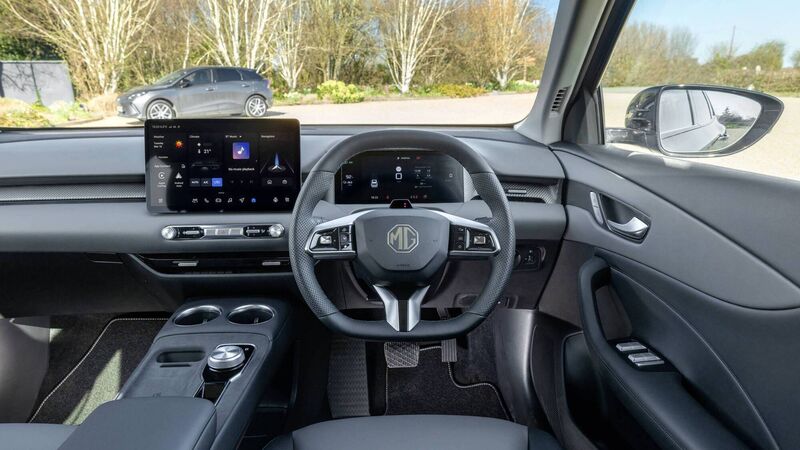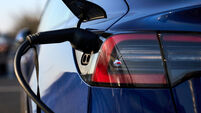Car finance explained: The best ways to buy, lease, or borrow for your next car

Financing a car is more popular than ever, but what are your options and which one is right for you?
Finance is one of the most popular ways to buy a new or used car. Whether it’s the ability to split payments into more manageable amounts or the freedom to use savings elsewhere instead of tying them up in one vehicle, finance is something many people consider when purchasing a car.
However, there are several different types of car finance available, each with its own advantages and drawbacks.





